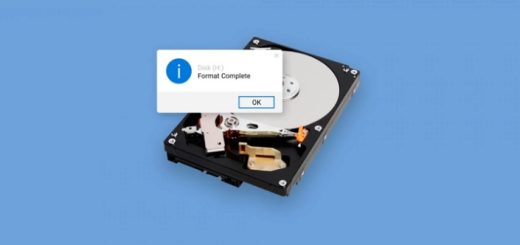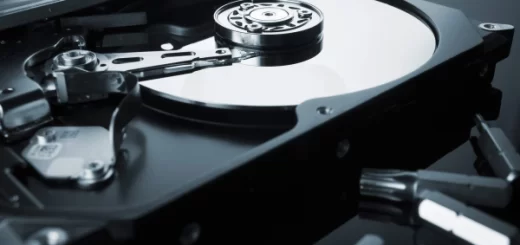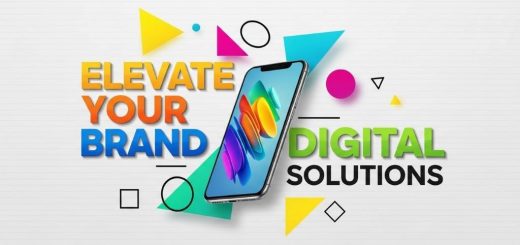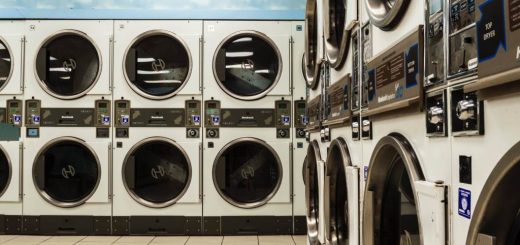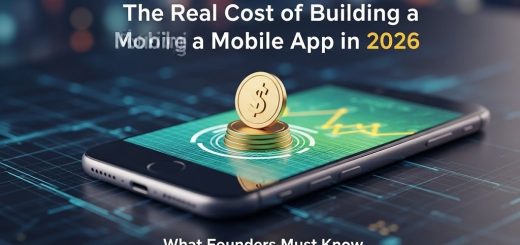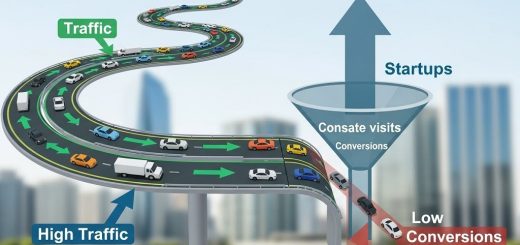How Will AI Change the World in the Next 5 Years?
Artificial intelligence (AI) is more than just a buzzword; it’s a rapidly maturing technology reshaping industries, lifestyles, and our very understanding of what it means to be human. While sci-fi movies may paint AI in dystopian or even apocalyptic tones, the reality is far more nuanced and exciting. In the next five years, we can expect AI to bring about profound changes – some obvious, some surprising.
Transforming the Workplace
One of the most significant impacts of AI will be within the workplace. AI excels at repetitive, data-driven tasks. Soon, chatbots will handle most routine customer service queries, freeing human workers for complex issues. AI will streamline administrative work, from scheduling meetings to generating reports, boosting productivity.
AI will also transform manufacturing. Smart robots can already handle assembly line production, but their precision and adaptability will drastically increase. This will lead to increased efficiency and potentially drive down the cost of consumer goods, but will also raise concerns about job displacement. It’s crucial to address retraining efforts and social safety nets alongside this technological transformation.
AI and Creativity: A New Era
Until recently, we saw creativity as a purely human domain. AI is changing that. AI-powered tools now generate realistic images and text, opening doors for artists and businesses. Marketing materials, website copy, even basic news articles can now be partially AI-generated. While ethical concerns abound – like deepfakes and the potential for misinformation – this marks a new era of creative possibility.
AI won’t replace human creativity entirely. Instead, it’s likely to become a powerful collaborator. This will change skillsets – understanding how to work with AI tools to enhance original ideas will be vital.
Related: Best AI Image Description Generators and How to Use Them
Revolution in Healthcare
Perhaps the field where AI’s impact will be felt most personally is healthcare. AI algorithms can analyze medical images (X-rays, scans) to identify diseases far earlier and more accurately than a human doctor could. This has enormous potential for early cancer detection, revolutionizing outcomes for patients.
We’ll see AI-powered virtual assistants monitoring patients remotely and even providing basic mental health support, making care accessible to wider populations. The drug discovery process could be accelerated, with AI analyzing massive datasets to predict effective compounds.
Hyper-Personalization
Get used to the word “personalization.” AI already powers recommendation systems for movies and products, but this is just the beginning. AI will analyze your behavioral data, tailoring experiences in unprecedented ways. Imagine news feeds curated specifically to your interests, or stores suggesting products based not only on past purchases but also your current mood.
This level of personalization raises both excitements and privacy concerns. Regulation in this area will likely become a heated topic as AI’s capabilities push the boundaries of what’s considered acceptable tracking.
Challenges and Opportunities
The next five years will see a surge in AI-powered solutions, but not without challenges. One major issue is bias in AI systems. If the data an AI is trained on is biased, the outcome will be biased as well. This has real-world implications for applications like facial recognition and predictive policing. Mitigating bias in AI will be a major focus for ethical AI research.
The looming concern of job displacement is real. While AI will undoubtedly create new jobs, the transition period may be disruptive. Education and retraining programs will need to adapt quickly to prepare the workforce for new AI-driven roles.
AI in Our Everyday Lives
The biggest changes might be the subtle ones. AI will increasingly be behind the scenes, optimizing traffic flow in cities, managing power grids for maximum efficiency, or even customizing your morning coffee perfectly. Many new AI applications will likely focus on enhancing convenience and automating mundane tasks.
The Next Five Years: Informed Optimism
AI is undoubtedly powerful, but it’s still a tool. How we wield this tool over the next five years will determine whether the impact is positive or negative. It’s vital to approach AI with a mix of optimism and informed caution. Regulation, ethical considerations, and addressing societal issues must keep pace with AI’s rapid progress. With mindful development, AI has the potential to improve our lives in myriad ways.
Let me know if you’d like a deeper dive into any of these areas, or would like insights on specific industries!


